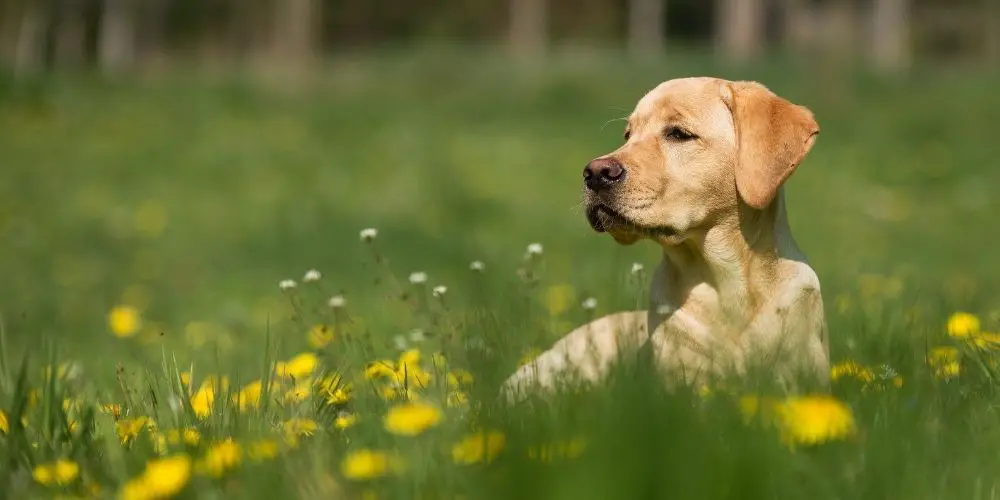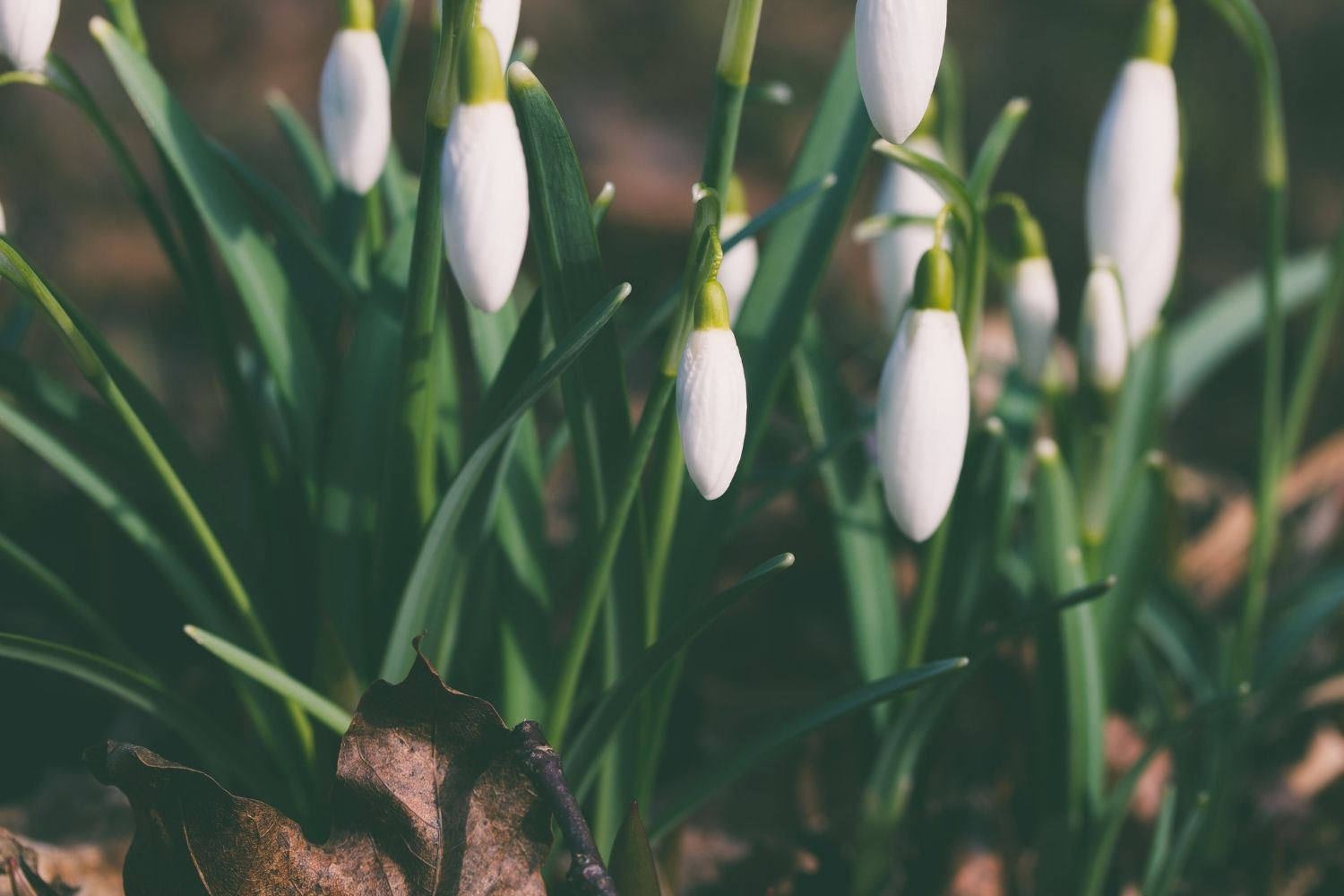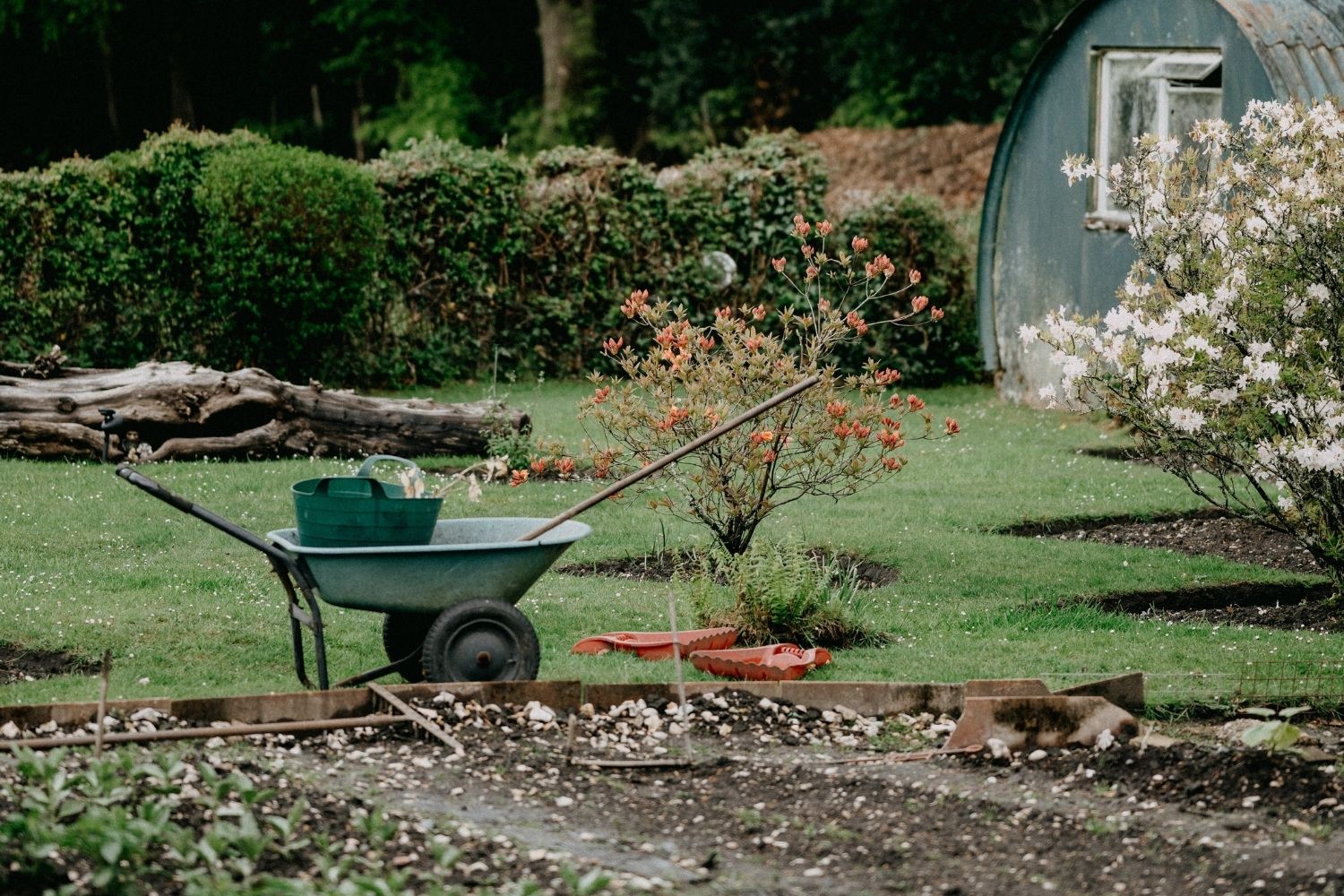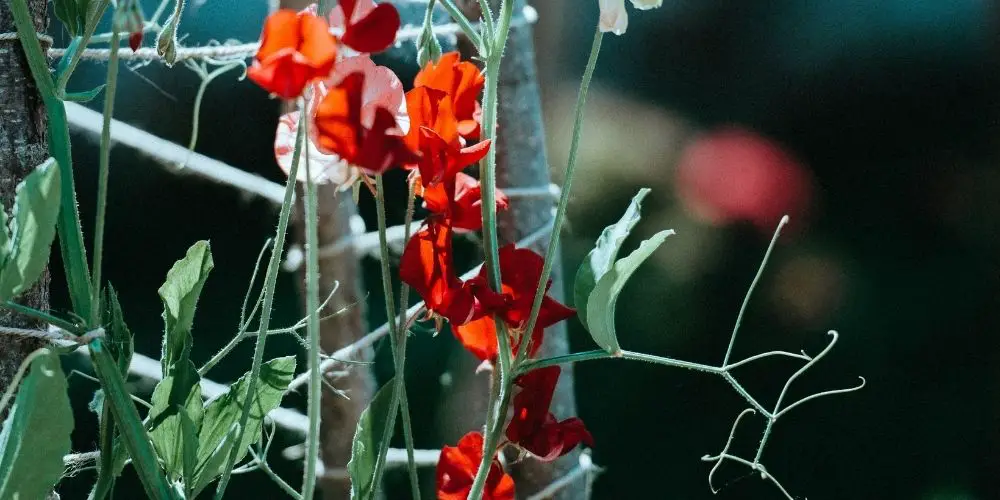So you’re looking to buy flowers for your significant other, but you’ve heard that some types of flowers are toxic. Carnations are toxic to dogs. This is because the leaves, stems, and roots contain a substance called convallatoxin which can cause vomiting, diarrhea, and in severe cases, death.
What are some signs of carnation toxicity?
Some of the symptoms associated with carnation toxicity in dogs include vomiting, diarrhea, and difficulty breathing. Since there is such a wide range of symptoms that can occur, if you believe that your dog has been exposed to this toxin, you must contact your veterinarian immediately.
If your dog has been mouthing or eating flowers or plants, you should take them to the veterinarian to determine whether they have been exposed to this toxin. If your dog is showing any symptoms of toxicity, contact your vet for emergency care as well.
There are several ways you can prevent your dog from eating carnations. First, if you’re planning on purchasing some carnations for your significant other as a gift, it’s best to avoid purchasing them altogether. Carnations are beautiful and can make a great gift, but certain types of dogs should not be around these flowers at all. Secondly, if you do happen to buy some carnations for your partner, it’s best to tell them about the potential risk of toxicity to prevent any mishaps when they get home from work. In addition, if you own a dog that is particularly curious about flowers and plants, it’s important to keep all of these items out of reach.
What if your dog accidentally eats carnations?

If your dog does happen to eat carnations, you can prevent them from becoming sick by inducing vomiting. This should only be done if you know that your dog has eaten a small amount of the flowers and doesn’t show any symptoms of toxicity. To induce vomiting, mix up some hydrogen peroxide with milk to create a thick mixture. Mix a small amount of this concoction with some water, and then feed it to your dog orally. If you need to, you can repeat the process until your dog vomits. After your dog vomits, you should take them to the veterinarian.
Convallatoxin is not toxic to humans, but it can be deadly to dogs. An overdose of this substance could cause serious side effects such as seizures and damage to the liver. A large dose could also potentially lead to death. If you or your veterinarian suspect that your dog has been exposed to an overdose of convallatoxin, it’s important that you contact your veterinarian immediately.
Convallatoxin can attack the nervous system rather quickly, which is why it’s important that you induce vomiting and visit a veterinarian if you think that your dog has been exposed. Side effects such as vomiting, diarrhea, breathing issues, and seizures can occur within minutes after ingesting this toxin. If you notice any of these symptoms, contact your veterinarian immediately.
If you suspect that your dog has been exposed to carnations or if they do begin showing symptoms of toxicity altogether, it’s important that you contact your veterinarian immediately. Your vet will be able to administer a treatment plan before the symptoms worsen or progress.
However, there is no known antidote for this toxin, according to the ASPCA Poison Control Center. Since there is no antidote for this toxin, you and your veterinarian will need to work together to manage a dog’s reaction.
Which other common flowers are toxic to dogs?
Just like carnations, other flowers are toxic to dogs and may even pose a higher risk than carnations. Daffodils, tulips, azaleas, hyacinths, and other types of flowers have been known to cause illness in dogs as well. For a complete list of flowers that are toxic to dogs, visit the ASPCA website.
Conclusion
Carnations are toxic to dogs, and certain flowers are more poisonous than others. You can limit your dog’s exposure by keeping all types of plants away from them. If you choose to bring some flowers home for the holidays, make sure to stick with flowers that don’t pose a health risk to your dog. If you notice signs of carnation toxicity in your dog, immediately induce vomiting and contact your vet for advanced options.















